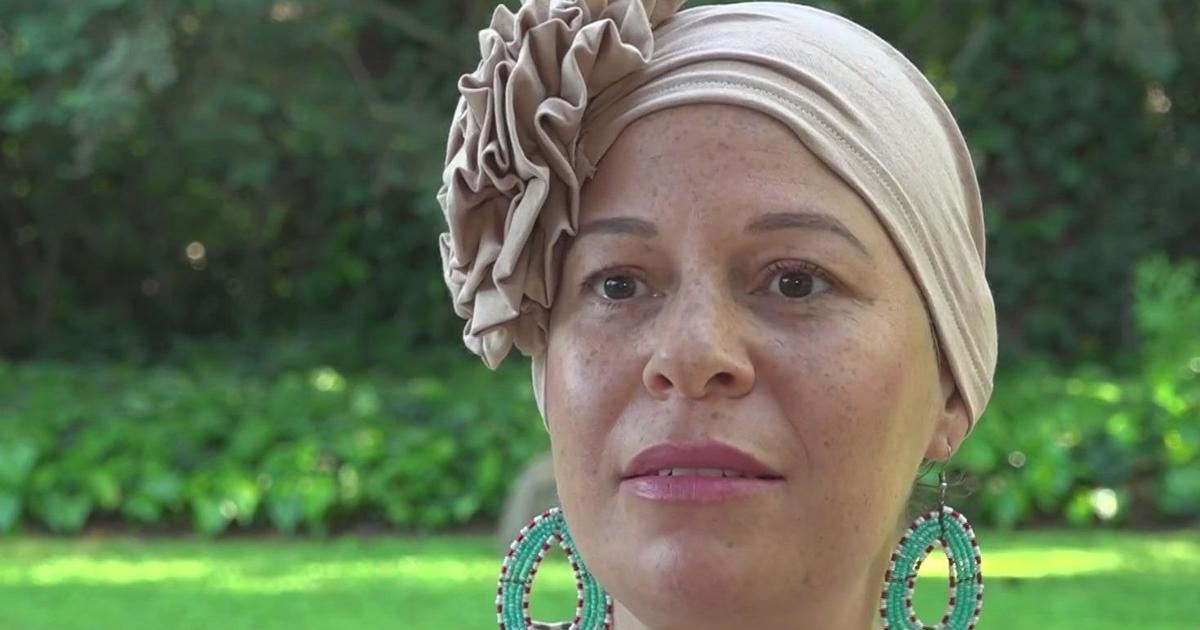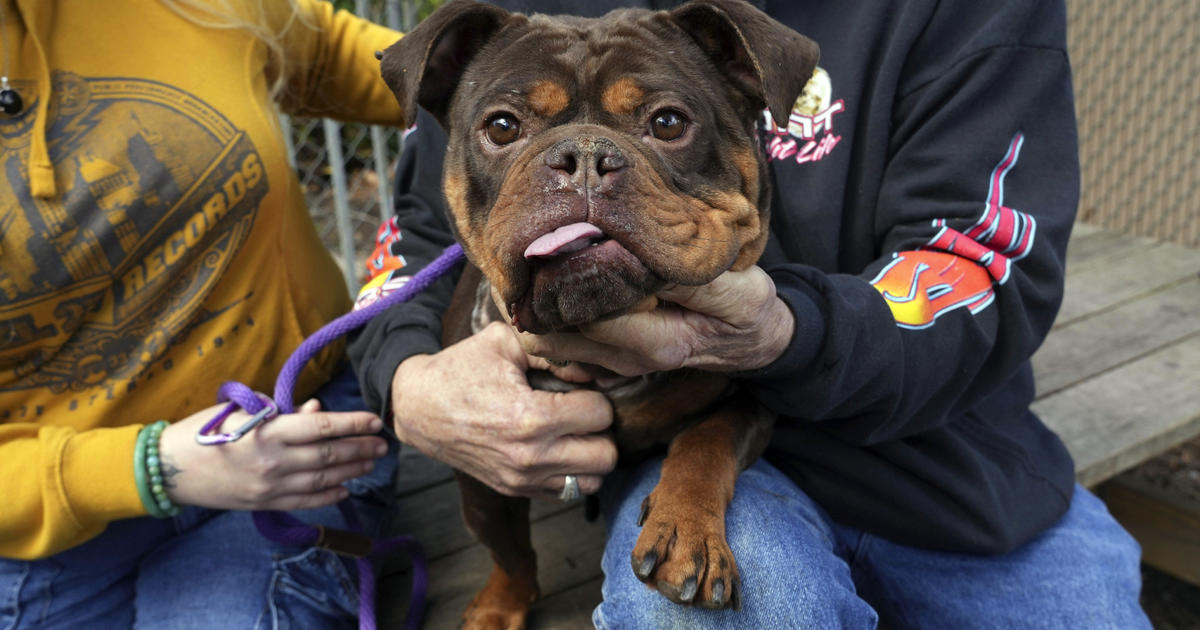Call Kurtis Investigates: UC Davis Student Died After Tattoo; Does New Law Go Far Enough?
The state of California requires 1,500 hours of training before someone can legally cut hair. But a Call Kurtis investigation into body art danger reveals the state only requires two hours for tattoos.
And the two hours of training wasn't even required until a new law went into effect in the summer.
Tonight we're asking does this law go far enough? And we investigate whether it's even being enforced. It's a law that could have saved a UC Davis student.
"Eric was very friendly, very funny," said Nancy Swart, mother of Eric Rachesky.
Her son, a UC Davis student, died after getting a tattoo.
Larger than life, he was the type of guy who would help out a bullied kid, then manage to make him laugh.
"He was a lucky kid in the sense. He was very happy," said Nancy.
But after getting a tattoo in 2003, the UC Davis junior died, and his mom was forced to bury a 21-year old child.
"To this day, I just can't believe Eric is gone because he was so full of life," said Nancy.
He had a heart of gold despite being born with a hole in his heart called a heart murmur. He got an infection after getting the tattoo. That infection attacked his vulnerable heart.
"Do you think it was the tattoo that ultimately lead to his death?" Kurtis asked Nancy.
"Well we just figure, it has to be," said Nancy.
It wasn't until after losing Eric that Nancy realized tattoo artists and body piercers have no state standards for sterilization.
In fact, you need 400 hours of training to do a manicure in California, 1,500 to be a barber, but the state of California required zero training for anyone to tattoo or pierce someone.
"You and I can go out and give a tattoo?" Kurtis asked Assemblywoman Fiona Ma, speaker pro tempore, 12th District.
"You and I could go set up shot and do it out of the back of a van if we wanted to," said Ma.
Assemblywoman Ma shared with us photos of nasty infections and says body art performed in unsterile environments could spread diseases like hepatitis and HIV.
"The fact there were no standards ... kind of freaked me out," said Ma.
She wrote a law that just went into effect in July requiring tattoo artists have a minimum of two hours of blood-borne pathogen training each year.
They'll also have to pay a registration fee to cover the cost of random inspections.
Considering how much training you need to cut hair in California, Eric Rachesky's family doesn't think it goes far enough.
"It's an invasive procedure, so people need to be trained, they need to know what they're doing," said Nancy.
Ma admits her law could go further but says it took six years to pass this version.
Even though it'll cost artist Michael Hare more than $350 a year in fees and training costs, he thinks it's good for the industry.
"I don't mind paying it if it's going to shut down shops that are hurting people," said Hare, owner of The Exotic Body.
We requested inspection reports from eight counties in our region to see what types of issues they've found since the law went into effect.
We found violations that could potentially spread disease including "no sharps waste mail" to properly get rid of used needles, no "hot water," artists who aren't up to date on "blood-borne pathogen" training and lack of "protective glasses or goggles and disposable arm protective sleeves."
But we've learned in the first four months since the law went into effect, Placer and Yolo counties did not do one formal inspection, each saying they're still setting up their programs.
"It should be a priority for these cities and counties, especially when so many people are engaging in tattoos and body piercings," said Ma.
There's no telling if Eric would still be here if the law was in place when he got his tattoo.
"This is our last thanksgiving together," said Nancy, while showing us photos.
"It's been nine years? Does it ever get easier?" Kurtis asked Nancy.
"No, it doesn't," said Nancy.
Nancy hopes these new regulations will spare other families the pain she lives with every day.
"He's with you every day?," Kurtis asked Nancy.
"He is, but it's not the same," said Nancy.
Both Yolo and Placer counties told us they'd start inspections this month.
Some tattoo artists think this law will only drive unlicensed folks to perform tattoos in garages to avoid fees and inspections.
Anyone caught breaking the rules could face a fine up to $1,000.
We don't know of anyone fined yet.
In Eric's case, he had a heart condition that made him more susceptible to infection. Typically, he would go on antibiotics before even going to a dentist, but nothing advised him to go on antibiotics before getting a tattoo. He died of bacterial endocarditis, which is an infection of the heart's inner lining or the heart valves.
After his death, Kaiser put out a bulletin about the importance of taking antibiotics before getting a tattoo or piercing. Kaiser also recommends you see a doctor ahead of time.
Web Resources



